When Backlinks Go Bad: Your Guide to Safe Link Building

Backlinking is a necessary piece of your SEO efforts. They fuel organic traffic by directing visitors to your website, but they also play a direct role in how trustworthy search engines think you are.
But, not all backlinks are created equal, nor do they always assist in your ability to climb to the top of search engine results pages. You can have too much of a good thing in the form of toxic backlinks or low-quality links pointing to your site.
That’s right, folks… In addition to improving your search engine rankings by ensuring your website is in tip-top shape, you also have to worry about whether or not spammy sites are using your website’s backlinks as content fodder.
The bad news is that Google will penalize your site for spam backlinks. The good news is that there’s a way to fix the problem. The other bad news is that it can be quite the process.
This article is part one of a two-part series on backlinking. This week, we’ll teach you everything you need to know about the fundamentals, with an emphasis on answering the following questions:
- How are backlinks related to inbound and incoming links?
- Why are backlinks important?
- How do backlinks to your site affect search engines and search engine optimization?
- What role does domain authority play?
- Are all backlinks created equal?
- Does the number of backlinks matter?
- How can I earn high-quality backlinks?
Next week, the focus will be on disavowing spammy websites linking to your page, dealing with broken link building, and a free tool to help your SEO strategy capitalize on link-building opportunities while avoiding competitors’ backlinks.
How Are Inbound Links and Backlinks Related?
Inbound links and backlinks are the exact same thing. You may also hear them referred to as incoming links.
Why Are Backlinks Important?
Search engines rely on the internet community to help them identify examples of a high-quality site, and backlinks are just one tool they use to do so.
Each time a reputable web page, especially those on high authority sites, uses inbound links back to your website, they show search engines that they trust your content and consider you an expert in some industry.
For example, suppose your recent blog article on Twitter blacklisting practices makes it into a Forbes article. In that case, it’s a vast green flag that you’ve got something important and valuable to say.
News sites are a top candidate for outbound links because journalists are constantly engaged in research. A recent Washington Post article cited a YouGov poll as a data source, showing audiences and search engines alike that the website owners put work into ensuring the content they provide is creditable.

Trust is not the only factor, though. Your link featuring on a high-quality site is also an indicator of your overall online popularity. So, the more genuine backlinks you have, the more likely you will show up sooner in search results.
According to SEMRush:
Popularity is another consideration. Because Google views external links as votes of popularity for a website or webpage, there is a strong correlation between sites with lots of (quality) backlinks and higher rankings.
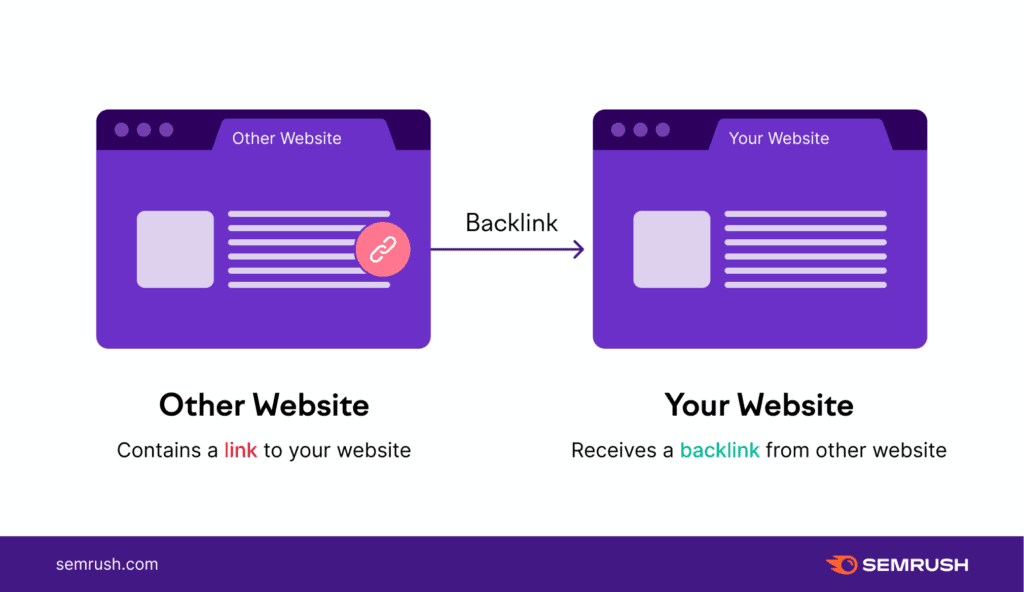
So, there is a lot of pressure on websites to ensure their content marketing strategy includes articles, pages, and information worth referencing. Otherwise, they risk falling behind in search engine rankings to other domains that make it a priority.
How Do Backlinks to Your Site Affect Search Engines and Search Engine Optimization?
Now that we’ve talked about what backlinking is and why it matters, we need to discuss the concept of link quality briefly and specifically how Google determines it.
The ubiquitous search engine assigns every link on the internet a particular “quality” based on a series of mysterious factors that they keep very close to the chest. This system has come to be known as “PageRank.”
When linking sites with a high PageRank give you the opportunity for referral traffic, the search engine assumes that you earned most backlinks by being a trustworthy and reliable source of information, thus increasing your personal quality rank.
On the other hand, when search engines like Google see that a site’s link profile consists of low-authority, malicious, or unreliable pages, you become guilty by association.
Google Search Console and Link Quality: An Overview
Google Search Console outlines a brief overview of how this series of algorithms work together to determine what web pages get coveted top spots on SERP.
Meaning of Your Query
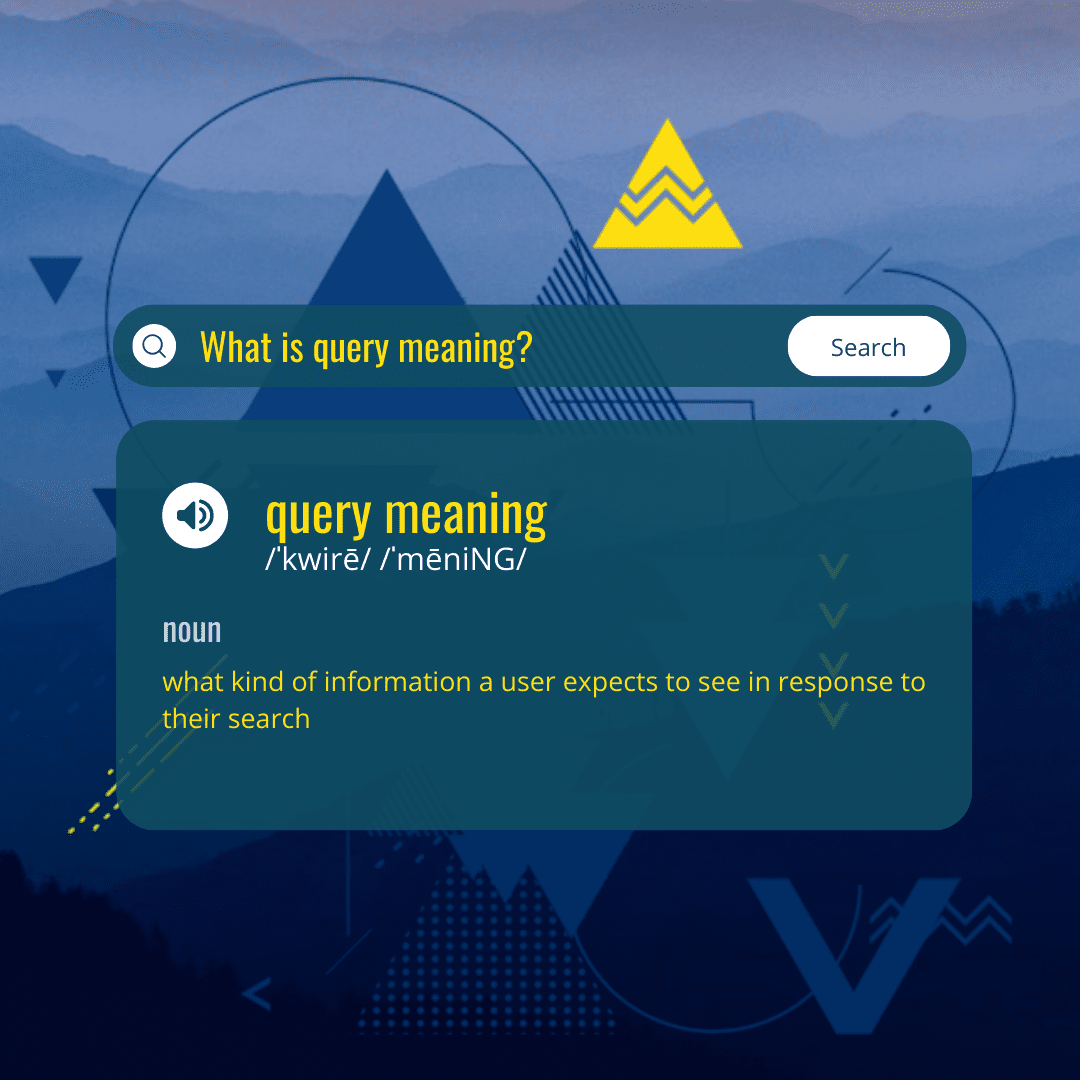
What Google Has to Say About It
“This capability allows Search to match the query “How to change a lightbulb” with pages describing how to replace a lightbulb. This system took over five years to develop and significantly improves results in over 30% of searches across languages.”
A Little More Insight
This is less a determination of page quality and more about establishing what the user is trying to find.
Essentially, Google uses its vast directory of pages and query algorithms to cross-reference all of the information the search engine has to offer. Then, it filters out any irrelevant content to the question or synonyms of the search terms.
Relevance of Webpages
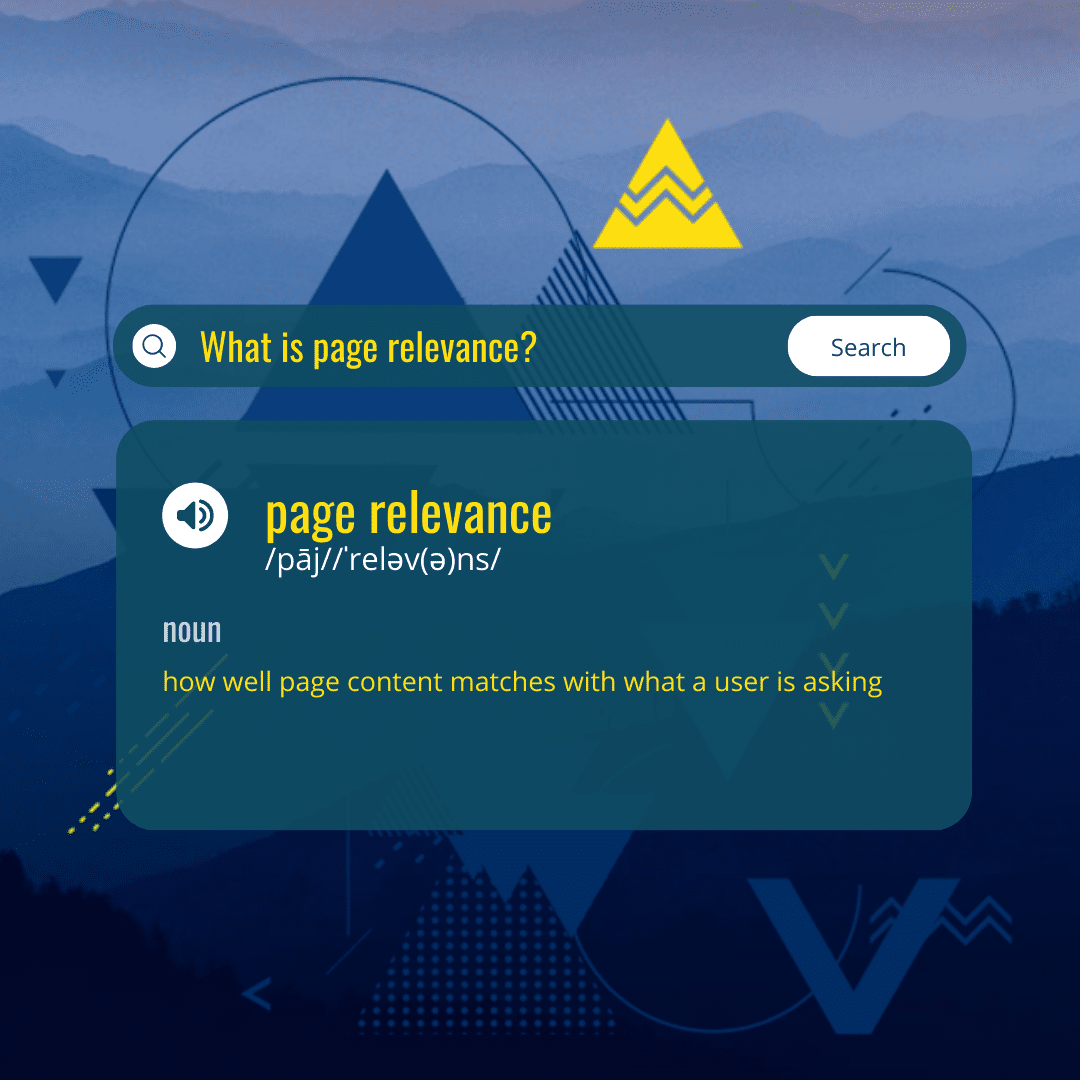
What Google Has to Say About It
“The most basic signal that information is relevant is when a webpage contains the same keywords as your search query. If those keywords appear on the page, or if they appear in the headings or body of the text, the information is more likely to be relevant.”
A Little More Insight
This is the point where SEO comes into play. Once Google figures out what you want to know, they further sort by overall relevance to a specific inquiry with keywords standing out as the first factor.
Furthermore, it’s also the point at which the search engine further filters out potential results based on the specific content and why keyword stuffing eliminates some links from Google search results.
While it’s not analyzing the content’s actual quality yet, it gives priority page rank to those with good SEO practices in place, like the use of cascading headers, a page title that matches the inquiry keyword, and a good balance of inbound and outbound links.
There are plenty more SEO factors, but that’s an article for another day.
For now, it’s most important to know that it ranks high on Google’s guidelines for determining what quality sites are and whether outbound references to that site would be considered toxic backlinks.
Quality of Content
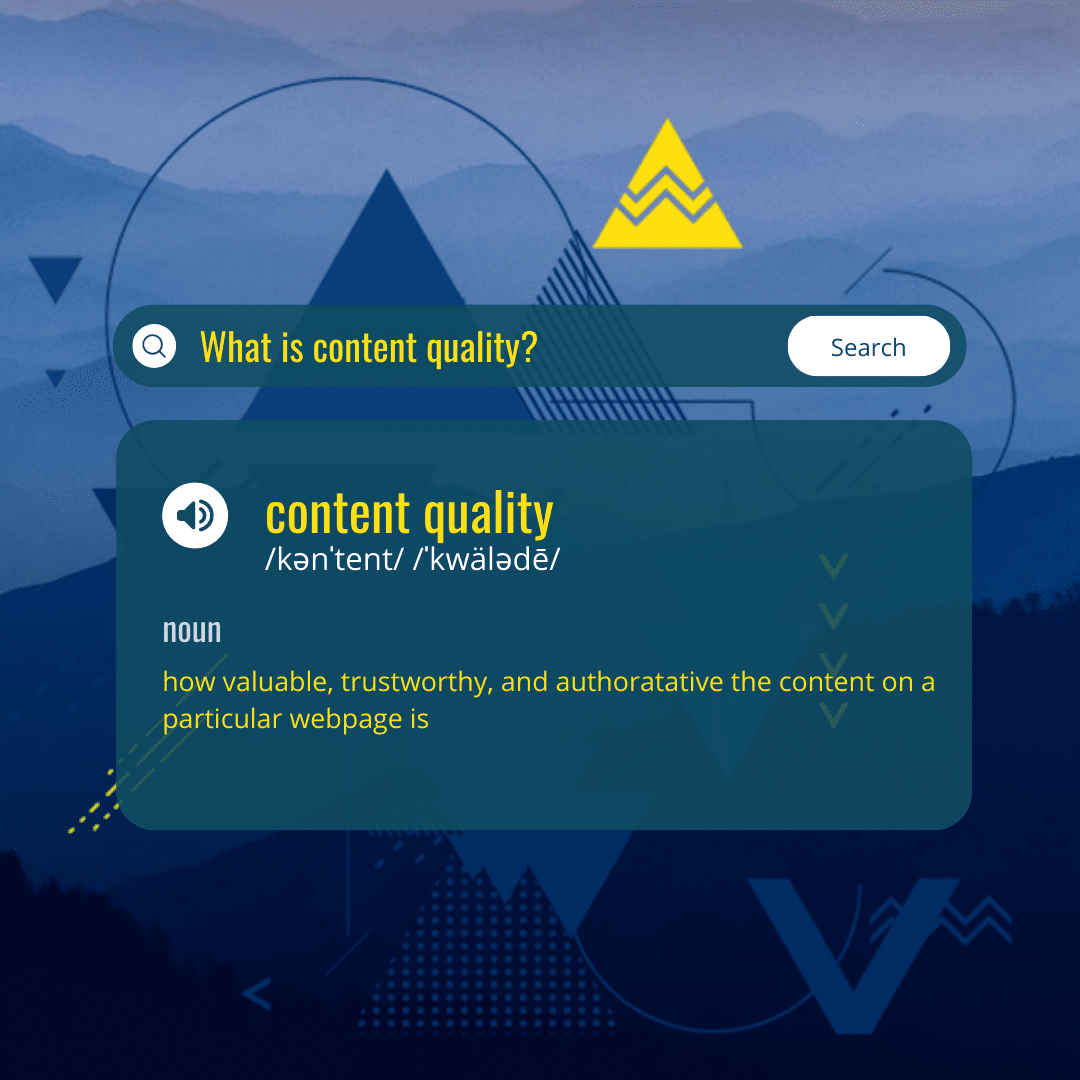
What Google Has to Say About It
“Spam algorithms play an important role in establishing whether a page is low-quality and help Search ensure that sites don’t rise in search results through deceptive or manipulative behavior.
Google’s webmaster guidelines outline the techniques that characterize such low-quality spam sites, including buying links that pass PageRank or sneaking invisible text onto the page.”
A Little More Insight
Notice that bolded part? Perfectly honest businesses fall victim to this issue more than we probably realize.
While true that it does add on to your backlink profile, it’s not being hosted by authoritative websites. You end up penalized as being part of the problem, even when you had nothing to do with your link ending up on that particular page.
We’ll look more into that problem next week, but for now, here’s what you need to know:
The quality of the content you have on your website and the websites that backlink to you play an enormous role in your PageRank.
Trustworthiness and popularity have a causal and corollary effect on how many visitors you have on your page. When you have excellent content, it correlates with more backlinks, which means more referral traffic.
Additionally, well-written ideas and helpful information that naturally build audience engagement cause search engines to notice, giving you more leverage in your SERP ranking.
Thus, it’s the piece of the puzzle wherein a website backlink profile comes into play.
It’s assumed that pages with high domain authority are going to use quality backlinks, while those that are only out to
Useability of Webpages
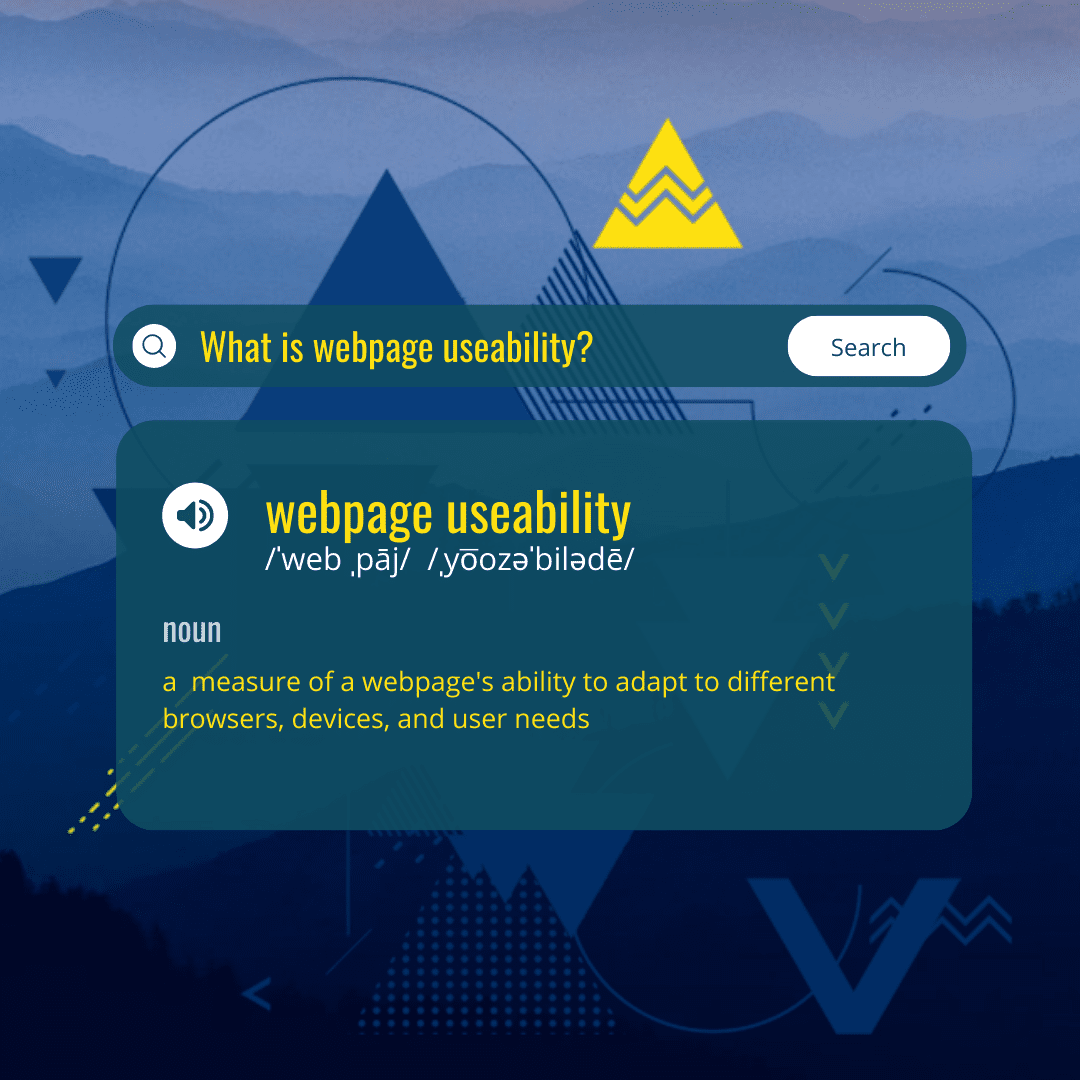
What Google Has to Say About It
“When ranking results, Google Search also evaluates whether webpages are easy to use. When we identify persistent user pain points, we develop algorithms to promote more usable pages over less usable ones, all other things being equal.”
A Little More Insight
We aren’t joking when we continually push the importance of mobile responsiveness.
As part of the query process, Google sifts out websites that are perenially dealing with slow load times, poor performance across devices, or incompatibility with all commonly available browsers.
It doesn’t matter how many backlinks you have if they all come from unusable referring domains. If the sites you are link building with are suffering from those issues, it reflects negatively on you.
Context and Settings
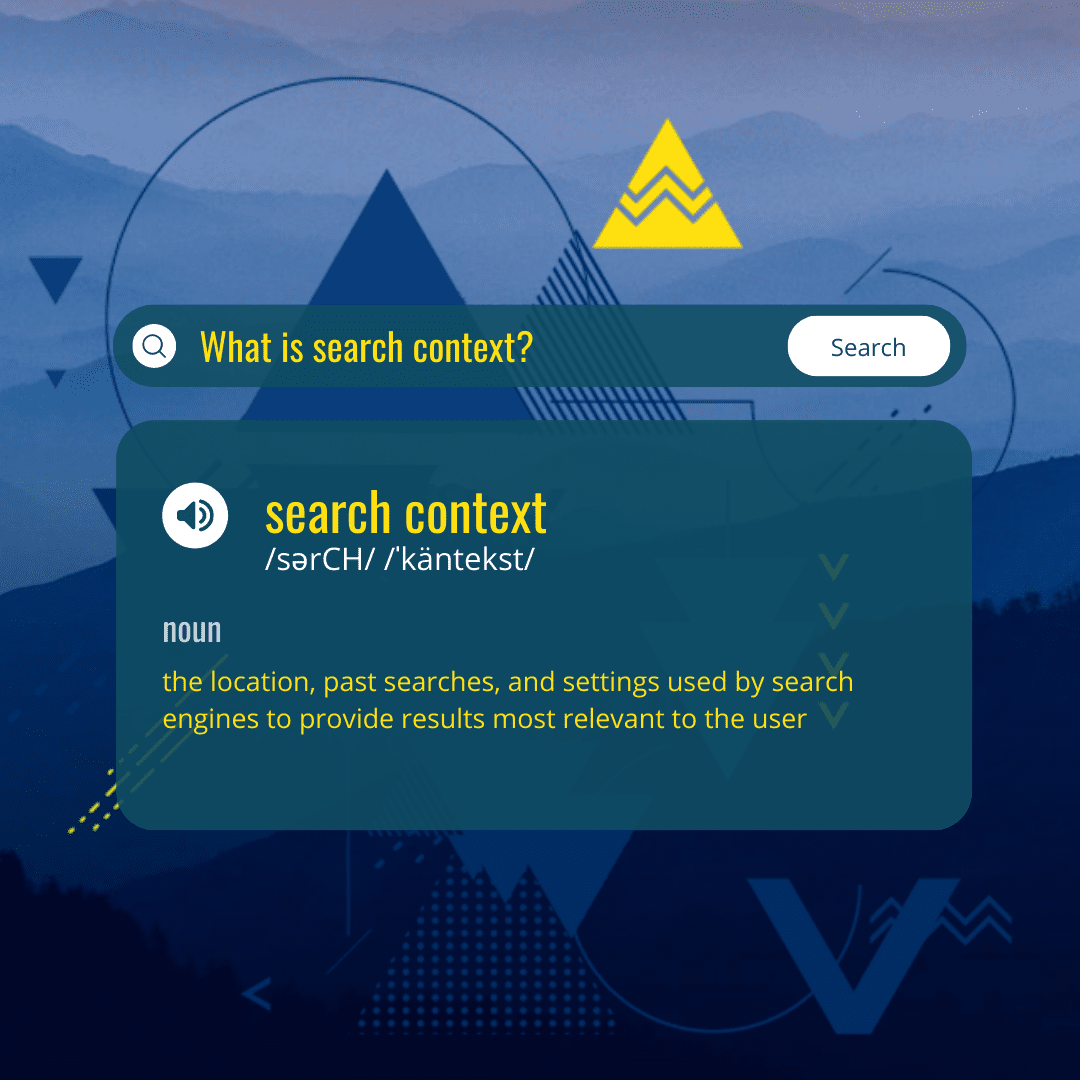
What Google Has to Say About It
“Information such as your location, past Search history and Search settings all help us to tailor your results to what is most useful and relevant for you in that moment.”
A Little More Insight
This last section has the most negligible impact on building backlinks, but it’s still important to discuss creating a robust local SEO strategy. Search engines like Google want to provide users with results most relevant to the asker, which often involves returning context-specific queries that include terms like “near me.”
Building backlinks in your community can boost your status as an authoritative domain, especially if those external links come from other trusted local business web pages and niche directories.
Are All Backlinks Created Equal?
As stated earlier, backlinks are crucial for a thriving organic search strategy, but there are instances where it’s better to get rid of a reference to your site than it is to keep that particular link live.
Examples of Negative Backlinks to Your Site
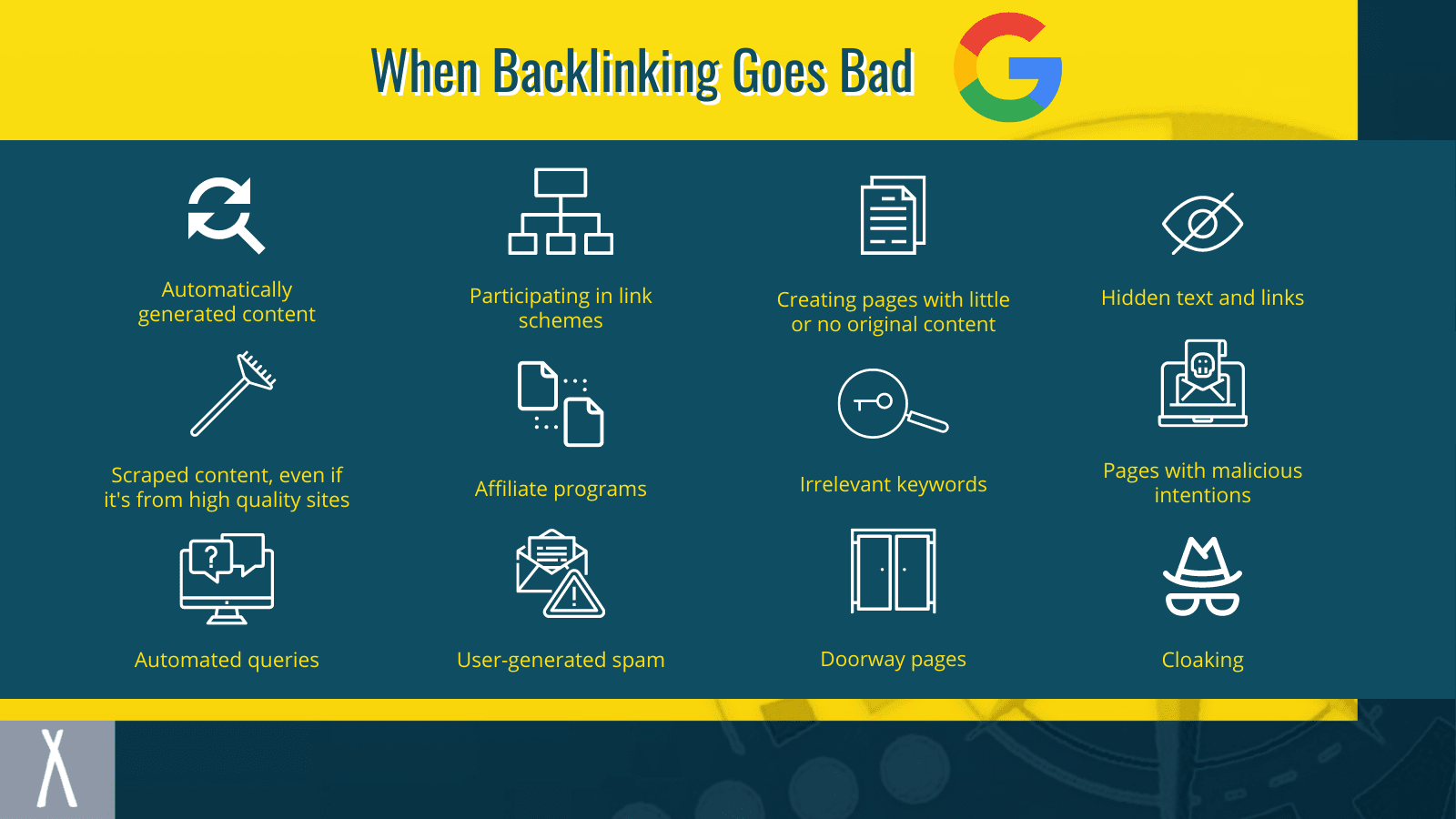
Auto-Generated Text
Pages that utilize AI-generated text to climb rankings are subject to penalties from Google, whether they appear as the main content or as a blog post. When referring domains guilty of violating this rule backlink to other websites, they are doing harm to those linked pages, as auto-generated text is most often a tactic to manipulate the search engine algorithm.
Link Exchanges
A link exchange occurs when one website backlinks to your site, so you’ll link back to their site. While this may seem like an excellent link-building strategy, it’s easy to go overboard. Google specifies that the best way to avoid violating webmaster guidelines is to create information-rich, engaging content and guest posts that drive organic traffic on merit alone.
Unoriginal Content
Google expects quality websites to use keyword research and rich content to encourage organic search traffic instead of cobbling together pieces of other websites. If websites with plagiarized content contain backlinks pointing back to your site, it can damage your reputation.
Cloaking
This one’s a little iffy because two very different camps use this strategy.
First off, cloaking is the same thing as shortening a URL. Sites like bit.ly are convenient for taking a long URL (like an Amazon product page) and turning it into a branded link, although your website does not host it.
On the one hand, it’s a clever and legitimate way to keep your business top-of-mind when selling products through external links.
On the other hand, malintentioned sites can use the practice to pretend a URL is going to go to a trusted site only to redirect somewhere shady. If other sites cloak your links, figure out why they’re doing it.
If it’s for a good reason and provides high-quality backlinks, then all’s well. Otherwise, you’ll want to deal with the issue before a potential customer mistakenly believes you’re behind the cloaking attempt.
Irrelevant Keywords
One of Google’s main filtering parameters is how relevant your website is to the search query. If a major facet of your link-building strategy is sowing your URL seed across hither and yon, no matter what the website might be about, you’re only hurting your chances.
Referring domains should have something to do with your industry, or it will appear as if you are seeking out more backlinks regardless of whether or not you’re actually a valuable resource for the visitors to a particular page.
For example, it’s worst to build backlinks on dog food sites if you’re a dentist than it would be to not have a link on that web page at all. Most links, if not all of them, should come from other pages that operate in the same realm as your brand.
Sites with Malicious Intentions
If you stumble across a web page linking to your site that’s in a completely different language than the native language of your site or it uses excessive exact match anchor text, it’s time to disavow. Often, these pages exist for the sole purpose of causing trouble to visitors, using reputable links to draw unsuspecting victims before saddling them with malware, paid ads, or worse.
User-Generated Spam
Blog comments can be a real headache for websites that are trying to get more positive backlinks, especially if a well-meaning customer or fan of your brand decides to help out with the link-building process by spamming your site across the internet.
4 Ideas for Earning More Backlinks
Pitch Articles to High-Authority Websites in Your Industry
Well-established specialty businesses are always looking for content to share with their readers, so they’ll create guest posting opportunities as a means of bolstering their page value for their audience. You, in turn, have the chance to incorporate your websites link within the content of the guest post, so long as it’s part of the natural flow of information. This method is one of the most time-consuming link-building campaign strategies you can take on, but businesses with the talent to handle the challenge are richly rewarded for their efforts.
Update Old Resources
Rewrite original content covering updates to outdated or obsolete information, then offer up that new content to replace broken links on other websites. In many cases, they’ll appreciate your help in both providing the latest information to their readers and your help in eliminating the broken link, as having them on your website can lower your PageRank
Focus on Niche Keywords
Use a keyword research tool to hone in on long-tail, niche content with few resources available. No matter what industry, online community, or interest group you’re in, there’s someone else in the world with whom you have that in common.
Frequently, they are looking for content to share with others in the form of an informative blog post as evidence supporting or examples of what they’re writing about.
Earn high-quality backlinks by providing hard-to-find content, then continually optimize to kindle organic search traffic.
Offer Your Expertise on a Resource Linking Page
Web content often consists of compilations of resources available to achieve a particular task, like ours on some of Google’s best extensions for SEO. If you can promote yourself with some solid backlinks pointing to a good or service you offer that falls in line with the other resources listed, it’s an easy way to up your number of backlinks.
This is not the same thing as having linked pages on spammy sites that just list out as many backlinks as they can to rank climb. These pages need to be well-written, well-researched and created for the sake of helping their audience solve a problem.
There is also opportunity for guest posts, as these referring domains often exist to help their readers gather more information about a particular topic. If you happen to be an authority on said topic, offer to write your own article explaining why your business is a worthwhile entity within the industry.